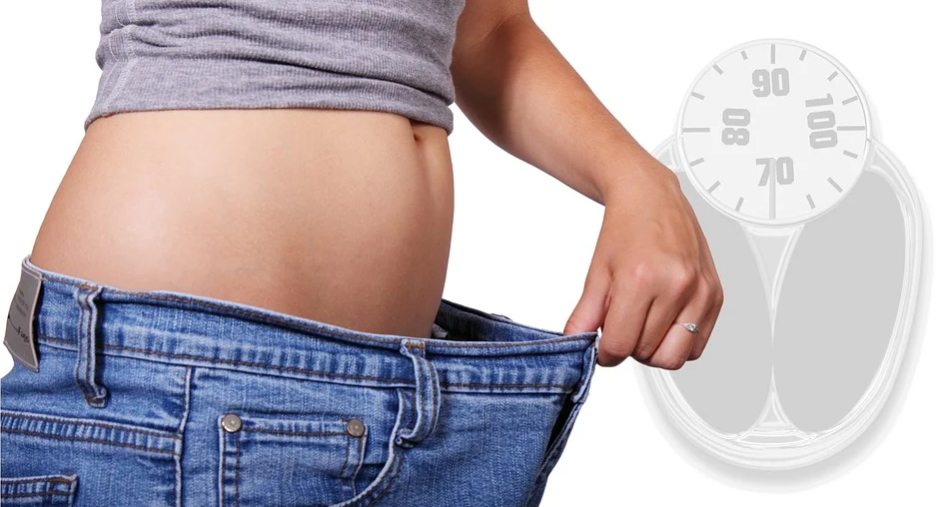We’ve all seen social media posts showcasing perfectly curated self-care rituals that promise inner peace and happiness. But what happens when those practices turn into another source of stress? As we chase after balance and well-being, are we overdoing it? You see, many people live a very busy, unhealthy lifestyle.
They work long hours, don’t get enough sleep, eat poorly, and neglect their mental and emotional health. This leads to burnout, anxiety, and other health problems. No wonder the self-care movement has gained so much popularity.
It encourages us to slow down, prioritize our well-being, and take time for ourselves. But like any trend, it’s easy to get caught up in the hype and take things too far. Activities to improve your overall wellness may vary, but are all of them really necessary? Let’s find out the answer here.
What Is Self-Care Overload?
Self-care overload occurs when the pursuit of wellness transforms from a nurturing experience into a chore. It can creep up on you, often disguised as enthusiasm for better living. You might notice feeling pressure to try every new trend. Whether it’s the latest fad diet or an intricate yoga routine, suddenly there seems to be less joy and more obligation tied to your self-care practices. Another sign is burnout. What was once a relaxing bubble bath might now feel like just another item on your already overflowing checklist. If you dread making time for activities that used to recharge you, it’s time for reflection. Keep an eye out for guilt—especially if you’re missing out on these rituals due to life’s demands. Instead of feeling rejuvenated, feelings of inadequacy can linger long after you’ve put down that face mask or finished yet another meditation session.
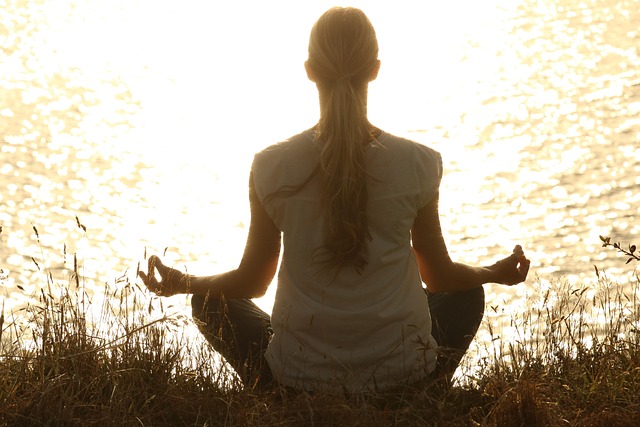
The Hidden Stress of Over-Committing to Wellness Practices
As mentioned, over-committing to wellness practices might not be something you’re looking for. Why? What starts as a desire for self-improvement often morphs into another source of stress. Imagine filling your calendar with yoga classes, meditation sessions, and meal prep plans. Each commitment adds up, creating pressure rather than peace. The initial excitement fades when the schedule becomes overwhelming. You might find yourself racing from one activity to another, striving for that elusive perfect routine. But instead of feeling rejuvenated, you end up drained.
Balancing Self-Care and Real-Life Responsibilities
With that in mind, how can we feel rejuvenated without putting too much work into it that could end up drained? Finding the right balance between self-care and everyday responsibilities is the answer. Life demands attention, yet so does personal well-being. Start by integrating self-care into daily tasks. A mindful walk during lunch breaks or setting aside ten minutes for meditation while brewing coffee can make a difference. Track how much time you devote to both aspects of life. This clarity helps identify where adjustments are needed. It’s about creating harmony rather than perfection, allowing space for both obligations and rejuvenation within your routine.
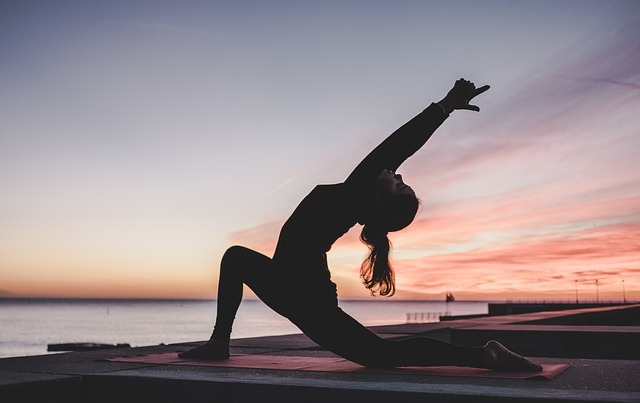
Minimalist Self-Care: Doing Less for Better Results
Instead of juggling endless wellness trends, choose a few practices that resonate. A simple morning stretch or a quiet cup of tea can work wonders. Quality often trumps quantity when it comes to nurturing your well-being. Reflect on your daily rituals and assess their impact. Do they genuinely uplift you? If not, it’s time …



 Inpatient rehabilitation programs, often known as residential therapy, require patients to remain at the treatment center for a certain amount of time, which can range from 28 days to several months. These programs give patients a structured and controlled environment, offering round-the-clock medical care, supervision, and support. Inpatient care is often intensive, with a daily schedule of therapeutic activities, including individual and group therapy sessions, educational workshops, and recreational activities.
Inpatient rehabilitation programs, often known as residential therapy, require patients to remain at the treatment center for a certain amount of time, which can range from 28 days to several months. These programs give patients a structured and controlled environment, offering round-the-clock medical care, supervision, and support. Inpatient care is often intensive, with a daily schedule of therapeutic activities, including individual and group therapy sessions, educational workshops, and recreational activities.





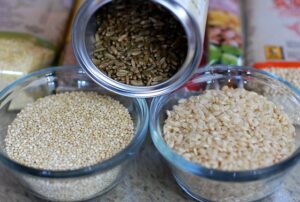 Whole grains, such as brown rice and quinoa, provide sustained energy and help stabilize blood sugar levels. They also contain important nutrients such as fiber, B vitamins, and minerals. If you are used to processed white breads and pastas, it may take some time for your body to adjust to whole grains. Start by incorporating small amounts into your diet and gradually increase over time. This way, your body will have time to adjust, and you can avoid any uncomfortable digestive issues.
Whole grains, such as brown rice and quinoa, provide sustained energy and help stabilize blood sugar levels. They also contain important nutrients such as fiber, B vitamins, and minerals. If you are used to processed white breads and pastas, it may take some time for your body to adjust to whole grains. Start by incorporating small amounts into your diet and gradually increase over time. This way, your body will have time to adjust, and you can avoid any uncomfortable digestive issues.
 Fruits and vegetables provide important vitamins, minerals, fiber, and antioxidants. They also contain water, which can help with hydration and detoxification. Aim for various colorful fruits and vegetables to get a wide range of nutrients. If you like eating salads, try adding fruits such as strawberries and blueberries for added flavor. You can also add vegetables to sandwiches or make a stir fry with a mix of both.
Fruits and vegetables provide important vitamins, minerals, fiber, and antioxidants. They also contain water, which can help with hydration and detoxification. Aim for various colorful fruits and vegetables to get a wide range of nutrients. If you like eating salads, try adding fruits such as strawberries and blueberries for added flavor. You can also add vegetables to sandwiches or make a stir fry with a mix of both.
 One of the most important things you can do in a relationship is to communicate openly and honestly with your partner. This means being able to share your thoughts, feelings, and needs with them without feeling judged or misunderstood. It’s also essential to be able to listen to what they have to say without getting defensive. If you can both communicate openly and honestly, it will go a long way in creating a healthy relationship.
One of the most important things you can do in a relationship is to communicate openly and honestly with your partner. This means being able to share your thoughts, feelings, and needs with them without feeling judged or misunderstood. It’s also essential to be able to listen to what they have to say without getting defensive. If you can both communicate openly and honestly, it will go a long way in creating a healthy relationship. It’s easy to get into the habit of taking your partner for granted. You might not even realize you’re doing it, but it can happen when you get comfortable in a relationship. If you start to take your partner for granted, it can lead to them feeling unappreciated and taken for granted. This can be a major issue in a relationship and can lead to resentment. Appreciate the little things your partner does for you.
It’s easy to get into the habit of taking your partner for granted. You might not even realize you’re doing it, but it can happen when you get comfortable in a relationship. If you start to take your partner for granted, it can lead to them feeling unappreciated and taken for granted. This can be a major issue in a relationship and can lead to resentment. Appreciate the little things your partner does for you.
 Some first-time online buyers of bodybuilding supplements make the mistake of not reading the label carefully. What you see in the product description section may not be what is actually in that supplement. Many sellers will try to get away with selling a cheaper version of the products they are offering online by cutting out some ingredients or making them less concentrated than usual, which can affect your training and results if you do use it regularly.
Some first-time online buyers of bodybuilding supplements make the mistake of not reading the label carefully. What you see in the product description section may not be what is actually in that supplement. Many sellers will try to get away with selling a cheaper version of the products they are offering online by cutting out some ingredients or making them less concentrated than usual, which can affect your training and results if you do use it regularly. As money is tight for everyone these days, it is common to look at the best deal when making any purchase. This holds whether you are buying your favorite cereal or purchasing bodybuilding supplements online. So what should one do when they want to buy their product of choice in terms of looking around?
As money is tight for everyone these days, it is common to look at the best deal when making any purchase. This holds whether you are buying your favorite cereal or purchasing bodybuilding supplements online. So what should one do when they want to buy their product of choice in terms of looking around?

 Triazole’s formulation is based on a powerful natural aromatase inhibitor (AI) called pZole, found in a shrub called Brassaiopsis Glomerulata and is also a potent antioxidant and robust liver protector. Recent experiments to evaluate the ability of pZole to inhibit aromatase have found it to be as good as the most potent anti-aromatase drug in inhibiting aromatase.
Triazole’s formulation is based on a powerful natural aromatase inhibitor (AI) called pZole, found in a shrub called Brassaiopsis Glomerulata and is also a potent antioxidant and robust liver protector. Recent experiments to evaluate the ability of pZole to inhibit aromatase have found it to be as good as the most potent anti-aromatase drug in inhibiting aromatase.
 VR devices could show a vivid or vicarious view of real life, physical environment enhanced by specific computer-generated sensory inputs, such as images, sounds, GPS data, and photographs. Reality-based tools are growing in popularity with each passing day. It could provide a better experience and increase efficiency and outcomes. Therefore, it is beneficial for doctors, trainees, nurses, physicians, and others related to the medical field. You should
VR devices could show a vivid or vicarious view of real life, physical environment enhanced by specific computer-generated sensory inputs, such as images, sounds, GPS data, and photographs. Reality-based tools are growing in popularity with each passing day. It could provide a better experience and increase efficiency and outcomes. Therefore, it is beneficial for doctors, trainees, nurses, physicians, and others related to the medical field. You should  Users could use the camera screen and simulates the effect of particular requirements on a person’s vision. Doctors can show this simulation to patients to identify their symptoms and help the doctor diagnose their need for treatment correctly. Similarly, in other healthcare areas, patients find it is challenging to explain their symptoms directly to doctors, so there is a need to create augmented reality-based apps to educate patients through augmented reality about indicators.
Users could use the camera screen and simulates the effect of particular requirements on a person’s vision. Doctors can show this simulation to patients to identify their symptoms and help the doctor diagnose their need for treatment correctly. Similarly, in other healthcare areas, patients find it is challenging to explain their symptoms directly to doctors, so there is a need to create augmented reality-based apps to educate patients through augmented reality about indicators.
 One of the benefits of the keto diet is improved mental clarity. Increasing the number of fats, particularly omega-3s, improves DHA fatty acid. Which makes up 15 to 30 percent of our thoughts. Normally, we improve our well-being by taking fish oil capsules every day, although we prefer to swallow more omega-3 fatty acids. Not only does it increase mental clarity, reduce brain fog, and improve stamina, but it also helps improve long-term memory function.…
One of the benefits of the keto diet is improved mental clarity. Increasing the number of fats, particularly omega-3s, improves DHA fatty acid. Which makes up 15 to 30 percent of our thoughts. Normally, we improve our well-being by taking fish oil capsules every day, although we prefer to swallow more omega-3 fatty acids. Not only does it increase mental clarity, reduce brain fog, and improve stamina, but it also helps improve long-term memory function.…

 Ketone formation allows these cells to replace sugar with ketones and allows us to survive without carbohydrates in any way. Ketogenic diet helps promote physical energy. Eating less than 100 grams per day will allow you to activate this process, which will lead to a diet based solely on protein and fat, burning fat and protein as a source of gas. If this type of diet is not managed properly, the human body can cannibalize its own lean mass in addition to its own fat.…
Ketone formation allows these cells to replace sugar with ketones and allows us to survive without carbohydrates in any way. Ketogenic diet helps promote physical energy. Eating less than 100 grams per day will allow you to activate this process, which will lead to a diet based solely on protein and fat, burning fat and protein as a source of gas. If this type of diet is not managed properly, the human body can cannibalize its own lean mass in addition to its own fat.…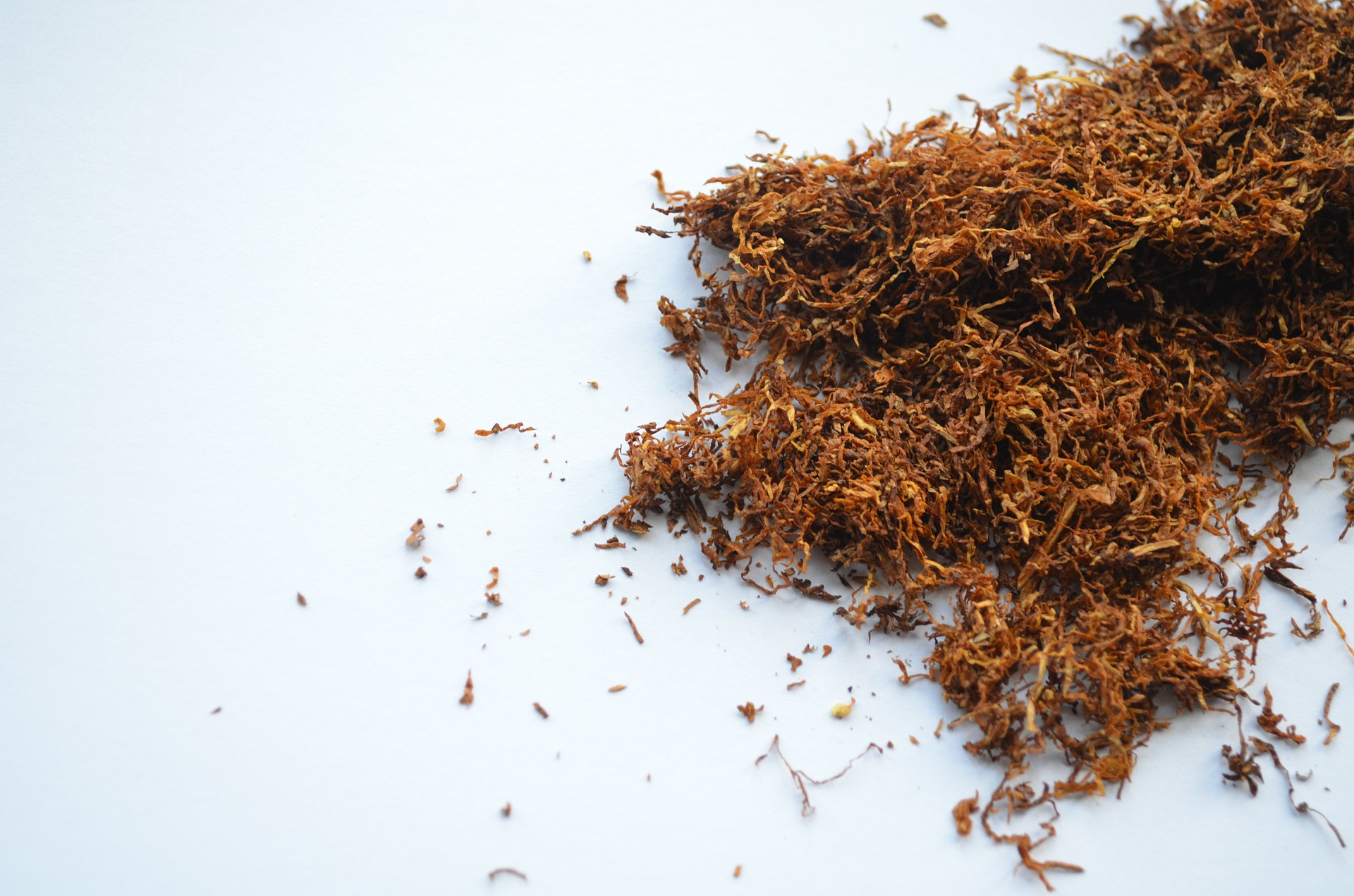
 Other nicotine addiction consequences include erectile dysfunction. Those who quit smoking experience intense nicotine cravings, irritability, depression, discouragement, and anxiety. After a month, all of these physiological cravings worsen significantly. After a while, all nicotine residue is eliminated. However, for most smokers, even every day without a smoking stick is a struggle. Most of them try to quit, but after just one week they go back to smoking.…
Other nicotine addiction consequences include erectile dysfunction. Those who quit smoking experience intense nicotine cravings, irritability, depression, discouragement, and anxiety. After a month, all of these physiological cravings worsen significantly. After a while, all nicotine residue is eliminated. However, for most smokers, even every day without a smoking stick is a struggle. Most of them try to quit, but after just one week they go back to smoking.…


 First, what is fish oil? It is found in some tempting amber capsules, but what exactly is in it? There are not many foods in the world that contain
First, what is fish oil? It is found in some tempting amber capsules, but what exactly is in it? There are not many foods in the world that contain 
 This era is still in its infancy, yet, it strengthened body therapy. It was mainly used for follow-up examinations and shorter visits as part of my experience – after initial contact with the person—an essential role in the physiotherapeutic process. Some were obvious, some were not, but when you looked at them, it seemed like the connection between patient and doctor worked like magic throughout the act. At first, I was surprised for two reasons. First, I was surprised that it was possible to feel that “you are there,” along with the person.
This era is still in its infancy, yet, it strengthened body therapy. It was mainly used for follow-up examinations and shorter visits as part of my experience – after initial contact with the person—an essential role in the physiotherapeutic process. Some were obvious, some were not, but when you looked at them, it seemed like the connection between patient and doctor worked like magic throughout the act. At first, I was surprised for two reasons. First, I was surprised that it was possible to feel that “you are there,” along with the person. From fundamental technology checklists to personal checklists, this is the best way to get the most out of your virtual tours. Make sure your Wi-Fi connection is powerful enough to protect you from gaps throughout your entire visit. Also, make sure you have adequate lighting and look into the camera. Lastly, microphone control; make sure you can be heard clearly. Speak louder if you want to.
From fundamental technology checklists to personal checklists, this is the best way to get the most out of your virtual tours. Make sure your Wi-Fi connection is powerful enough to protect you from gaps throughout your entire visit. Also, make sure you have adequate lighting and look into the camera. Lastly, microphone control; make sure you can be heard clearly. Speak louder if you want to.
 These foods contain dark berries like blueberries and grapes. It has been shown that abstaining from meat and eating more fruits and vegetables improves the immune system. It is because proteins as strong as meat take longer to decompose, leaving less energy available to the body as a whole. This can benefit you in the long run. If you eat healthy, you will less likely to get certain illness. This is why many people choose to eat healthy.
These foods contain dark berries like blueberries and grapes. It has been shown that abstaining from meat and eating more fruits and vegetables improves the immune system. It is because proteins as strong as meat take longer to decompose, leaving less energy available to the body as a whole. This can benefit you in the long run. If you eat healthy, you will less likely to get certain illness. This is why many people choose to eat healthy.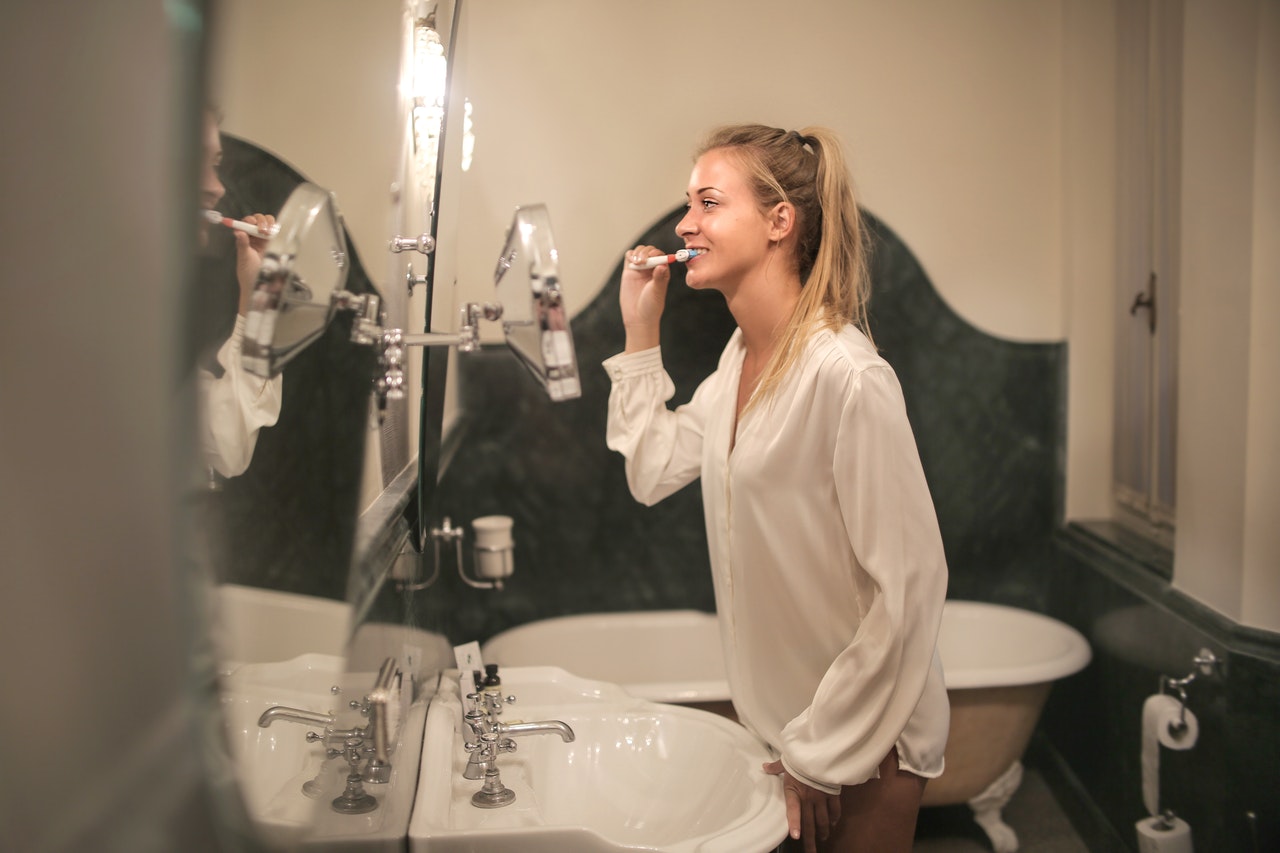





 Both hyperthyroidism and hypothyroidism can contribute to hair loss in both men and women. These disorders can accelerate testosterone conversion to DHT, which affects the hair on the scalp and damages hair follicles. A simple blood test can determine whether thyroid disease can be a hair loss factor.
Both hyperthyroidism and hypothyroidism can contribute to hair loss in both men and women. These disorders can accelerate testosterone conversion to DHT, which affects the hair on the scalp and damages hair follicles. A simple blood test can determine whether thyroid disease can be a hair loss factor.

 Staying in a natural and beautiful environment can radically improve disposition. This is particularly true in environments with a considerable wealth of plants, such as parks and hiking trails. Running in an organic environment increases the oxygen supply to the body and brain, which means clear thinking and energy that remains stable for hours.
Staying in a natural and beautiful environment can radically improve disposition. This is particularly true in environments with a considerable wealth of plants, such as parks and hiking trails. Running in an organic environment increases the oxygen supply to the body and brain, which means clear thinking and energy that remains stable for hours.